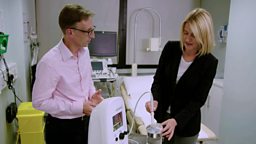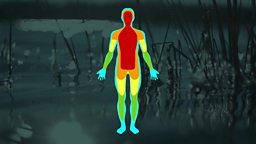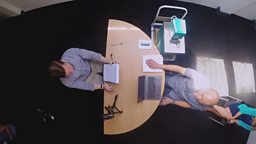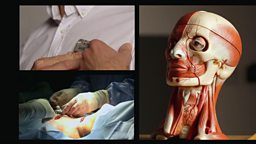What is sleep apnoea, and what can you do about it?
Around 1.5 million people in the UK are thought to have sleep apnoea, a condition that can deprive someone of sleep, often without them knowing.

Sleep apnoea causes its sufferers temporarily to stop breathing whilst asleep. Once the brain detects an interruption in breathing, it forces the person awake so that they can resume breathing. This cycle can repeat sometimes hundreds of times each night, surprisingly without the person being aware of it.
But this chronic interruption to sleep can lead to sufferers falling asleep during the day, sometimes with dangerous consequences. It is estimated that up to 40,000 road accidents a year in the UK are caused by people falling asleep at the wheel due to sleep apnoea.
The most common form of the condition is ‘obstructive’ sleep apnoea. When a sufferer is awake, their airway is open and they can breathe normally. But when they fall asleep, like many of the muscles in the body, those in the neck relax, and the weight of the neck can push down on the airway and obstruct it.
The condition is often missed or misdiagnosed.
So what are the signs to look out for, and if you think you might have sleep apnoea, what can you do about it?
- As well as constant tiredness, the tell-tale symptoms include waking up with a dry mouth or headache, and snoring.
- You’re more likely to have sleep apnoea if you’re overweight, male and over 40.
- A large neck or recessed jaw also increases your risk.
A simple questionnaire, that can be completed in consultation with your GP, will place you on the Epworth Sleepiness Scale. This gives a measure of how likely you are to fall asleep during the day in certain situations like reading a book or watching TV. Your Epworth Score can be used to assess whether you need to be referred to a sleep clinic.





























